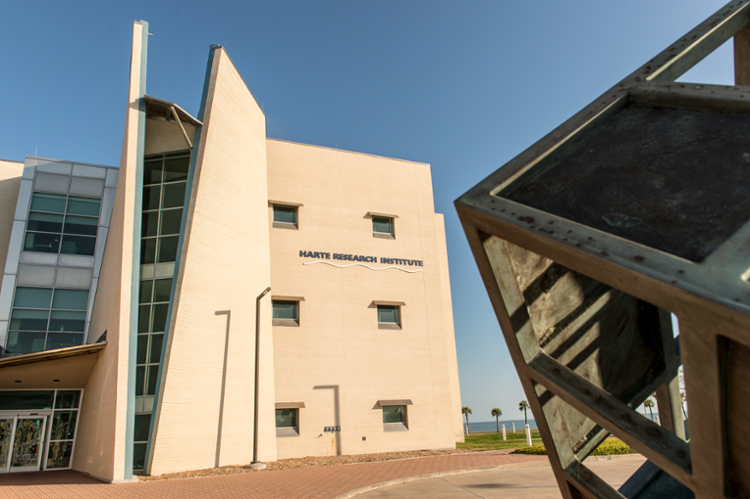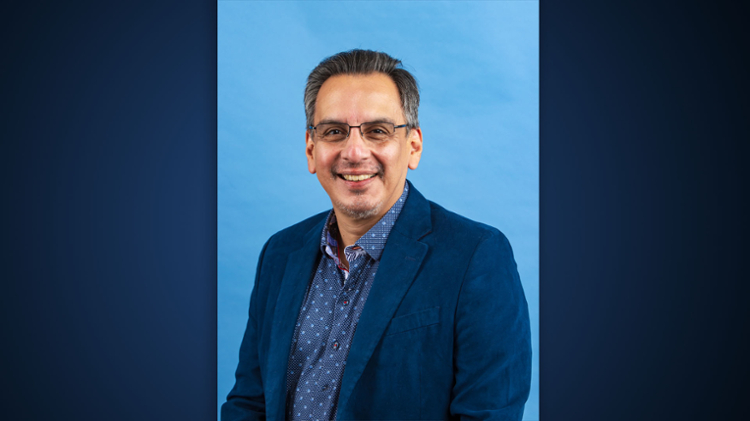Dr. Paul Montagna Internationally Ranked Among Top Scientists for Research Citations
CORPUS CHRISTI, Texas – Texas A&M University-Corpus Christi is not only home to some of the best and brightest students, but also to a cohort of award-winning professors and groundbreaking researchers who guide the next generation of innovators.
Dr. Paul Montagna, who was hired on at TAMU-CC in 2006, says he has witnessed the transition of Texas A&M-Corpus Christi from a growing university into a prominent research institution with notable contributions in the fields of coastal assessment, conservation and restoration, geospatial science, fisheries/ocean health, and more. Montagna is the current HRI Chair for HydroEcology at the Harte Research Institute for Gulf of Mexico Studies at Texas A&M University-Corpus Christi.
“I thought it would be fun to help transform a university and I bought into the vision of what could be,” said Montagna, who is also a Texas A&M University Regents Professor. “After having been here 15 years, I can say that without a doubt those visions have come to fruition. Together, we’ve reached a level of national prominence in a very short time.”
From his early years as one of six founding chairs hired to lead HRI, Montagna said it was the transdisciplinary research between colleges that served as an instrumental part of his research success.
“When I first arrived, I was stunned at how easy it was to work across departments and even across colleges,” Montagna said. “Now I know what I was witnessing is the founding principle of HRI; integrating social and natural sciences to solve the world’s problems.”
Montagna was recently recognized among the top 2% of scientist in the world for research citations, according to a study conducted by Stanford University. The database includes more than 156,000 scientists worldwide whose work has been most cited by peers throughout their careers. Citation in the scientific world can be an indicator of the relevance of the researcher’s published work, and many published works are only cited once or twice, if ever, making Montagna a scientific influencer among his peers.
“The recognition was truly an amazing thing to happen,” Montagna said. “Knowing that there are people looking at my work and building off it, it’s exciting and it makes it all worth it. Truly, it’s never really been work; I’ve enjoyed every minute.”
Recognized most notably for his research regarding the 2010 Deepwater Horizon oil spill (which he completed while Endowed Chair of Ecosystems and Modeling at HRI), Montagna says his passion now lies within the study of water resources and environmental flows. Procuring more than 35 years of environmental data from along the Texas coast, Montagna says his recent work will provide state environmental agencies the leverage they need to set effective regulations for water management.
“The environment doesn’t exist without water,” Montagna said. “That’s why I’m dedicating the third phase of my life to helping understand the importance of water and maintaining it in a state that’s sustainable.”
Continuing his research in his new HydroEcolody lab at HRI, Montagna plans to synthesize his data and write a new edition of the book “Freshwater Inflow to Texas Bays and Estuaries.”








